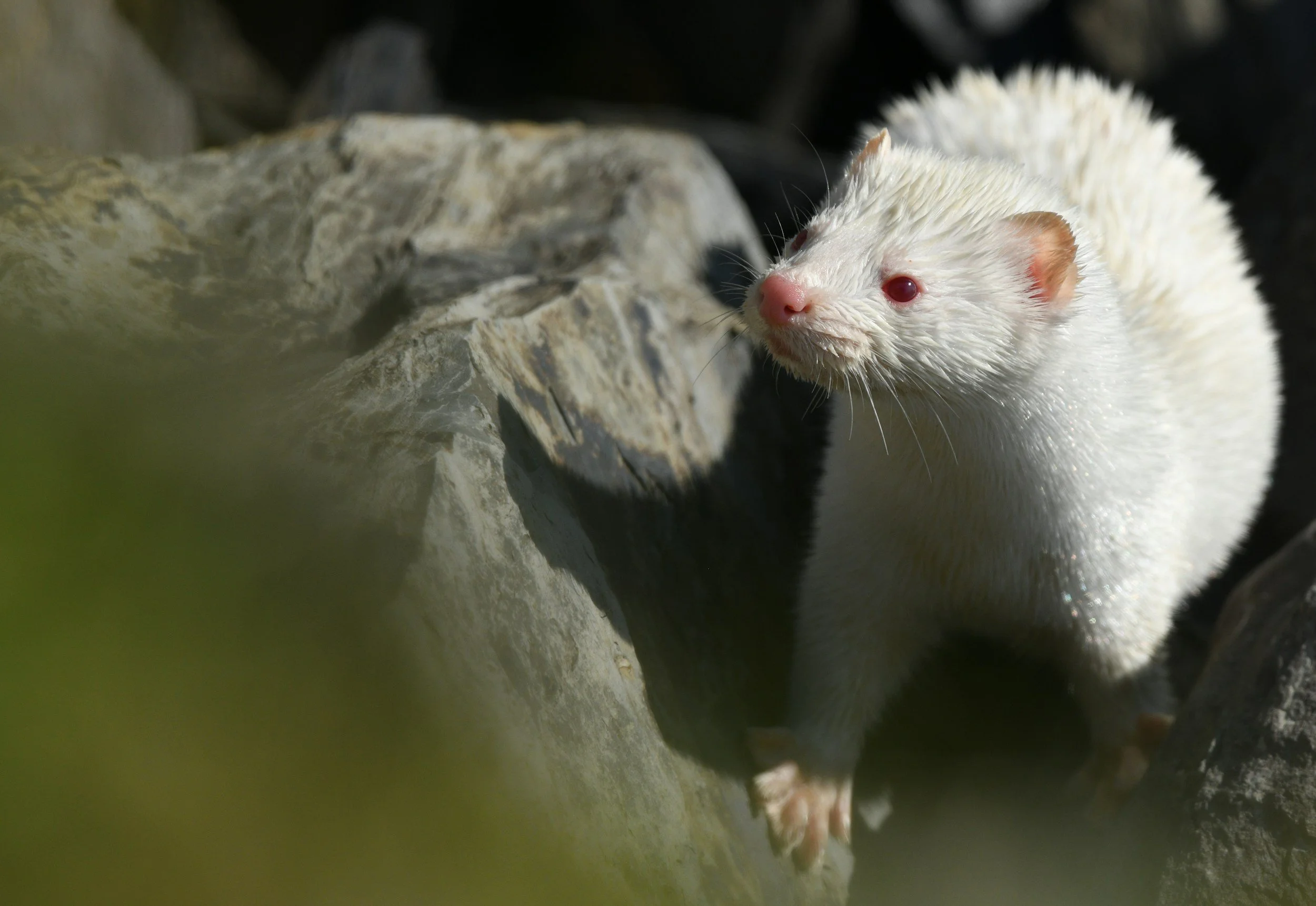Endangered Totoaba Fish Swim Bladders Worth $1 Million Seized In San Luis Port, Arizona
The endangered fish is still considered a delicacy despite being illegal to possess in the US and Mexico.
The seized swim bladders. Credit: U.S. Customs and Border Protection
Government officials have seized 109 pounds of totoaba swim bladders estimated to be worth up to $1,365,000, at the port of San Luis, Arizona.
It is the second time this year that US Customs and Border Protection (CBP) officers at the Port have intercepted an illegal shipment of totoaba, after a previous large seizure back in April.
Now this latest seizure, which is the second largest in Arizona to date, found 91 swim bladders of the endangered marine animal concealed within a commercial shipment of frozen filets.
Image of a totoaba. Credit: NOAA Fisheries
The totoaba is a large fish which is only found in the Gulf of California in Mexico. They have been listed as an endangered species under the US Endangered Species Act since 1979, and the species is federally protected in both the US and Mexico, meaning it is illegal to take, possess, transport, or sell totoaba.
However, the marine animal’s swim bladders - gas-filled sacs which help the fish stay buoyant - are highly sought-after in traditional Chinese medicine (TCM) and as an Asian cultural delicacy.
This demand fuels the illegal totoaba trade, which is said to be run by Mexican drug cartels and Chinese crime gangs. Estimates value a single swim bladder to be worth around $25,000.
The catching of totoaba has long caused concern for conservationists, not just for the threat to the endangered totoaba population, but the consequences for other fish too. Fishermen typically use huge vertical gill nets to illegally catch totoaba, who can reach six feet in length and over 200 pounds in weight. These nets can then indiscriminately catch other fish, including the endangered vaquita, the world’s smallest porpoise, which lives exclusively in the shallow waters of the Gulf of California.
A vaquita swimming in the wild. Credit: NOAA Fisheries
The use of gill nets is said to have pushed the vaquita to the brink of extinction, with less than 20 estimated to remain in the wild, down from around 200 in 2012.
USFWS and Homeland Security Investigations (HSI) say that they will both continue investigating the latest smuggling attempt of the protected totoaba.
“Our officers and agriculture specialists enforce a wide variety of laws on behalf of numerous agencies”, said Tucson Field Office Director of Field Operations Guadalupe Ramirez. “This is the second largest seizure of totoaba swim bladders in Arizona this year and is an exceptional example of the job CBP Officers and Agriculture Specialists do to enforce laws regarding all commodities entering the United States. This seizure also continues to highlight the integral working relationship we have with our US Fish and Wildlife partners, enforcing the Convention on International Trade in Endangered Species treaty agreement.”
We Have A Favor To Ask…
Species Unite amplifies well-researched solutions to some of the most abusive animal industries operating today.
At this crucial moment, with worldwide momentum for change building, it’s vital we share these animal-free solutions with the world - and we need your help.
We’re a nonprofit, and so to keep sharing these solutions, we’re relying on you - with your support, we can continue our essential work in growing a powerful community of animal advocates this year.
More stories:
Species Unite
A collection of stories of those who fight the good fight on behalf of animals.






The whereabouts of two baby giraffes remain unknown after a zoo owner withheld their location and was jailed for contempt.